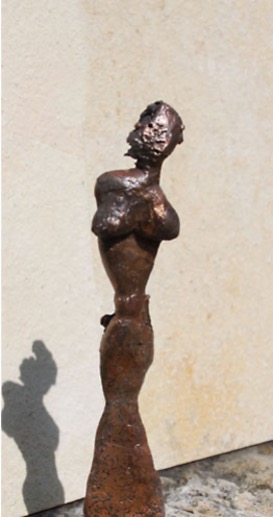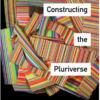This text is licensed under the Creative Commons license Attribution-NonCommercial-ShareAlike 4.0 International. The link to the original material is situated at the top right of the text.

Fribourg declaration et reviewing
Patrice Meyer-Bisch and alii Civil society
2007
Keywords: cultural rights, cultural democracy, recognition, cultural diversity
Threads: (Un)framing Knowledge, Cooperating with(in) arts and culture
Short description
strategies have proved inadequate due to their neglect of these
rights”. Thus, “the Fribourg group” concluded that the universality and indivisibility of human rights still suffer as a result of the marginalization of cultural rights.
Cultural rights refer to the rights, freedoms and responsibilities for a person, alone or in a group, with and for the others, to choose and express their identity, and to access cultural references as resources for its identification process.
Personal appreciation
The Declaration is also addressed to people, communities, institutions and organizations that intend to work to ensure the development of the rights, freedoms and responsibilities it expresses.
Contribution to the "Who knows?" handbook
Material(s)
Additional Information
| Location | Fribourg / Switzerland Organisation internationale de la francophonie – OIF Conseil de l’Europe |
| Original language(s) | French |
| Existing translations | |
| Length | 12 pages |
| Project runtime | - |
| Institution of affiliation | Observatoire de la diversité et des droits culturels c/o Institut Interdisciplinaire d’Ethique et des Droits de l’Homme Chaire UNESCO pour les droits de l’homme et la démocratie Av. de Beauregard 13 CH-1700 Fribourg |
| Sponsor(s) | UNESCO |
Additional Pictures
Creative Commons
Related Contributions

Can the Subaltern Speak?
Gayatri Chakravorty Spivak
1988
“Can the subaltern speak? What must the elite do to watch out for the continuing construction of the subaltern?” (p. 294).

Prosthetic Memory. The transformation of American remembrance in the age of mass culture.
Alison Landsberg
2004
Landsberg claims that in modernity, mass media create the possibility for new forms of social memory: By creating an immediate, visceral and affective engagement with past events, media settings such as cinemas or experiential museums provide what she labels ‘prosthetic memory’.

Constructing the Pluriverse: Geopolitics of Knowledge
Bernd Reiter (editor)
Zaid Ahmad, Manuela Boatcă, Hans-Jürgen Burchardt, Raewyn Connell, Arturo Escobar, Sandra Harding, Ehsan Kashfi, Venu Mehta, Walter D. Mignolo, Ulrich Oslender, Issiaka Ouattara, Bernd Reiter, Manu Samnotra, Catherine E. Walsh, Aram Ziai
2018
The contributors to Constructing the Pluriverse critique the hegemony of the postcolonial Western tradition and its claims to universality by offering a set of “pluriversal” approaches to understanding the coexisting epistemologies and practices of the different worlds and problems we inhabit and encounter.







